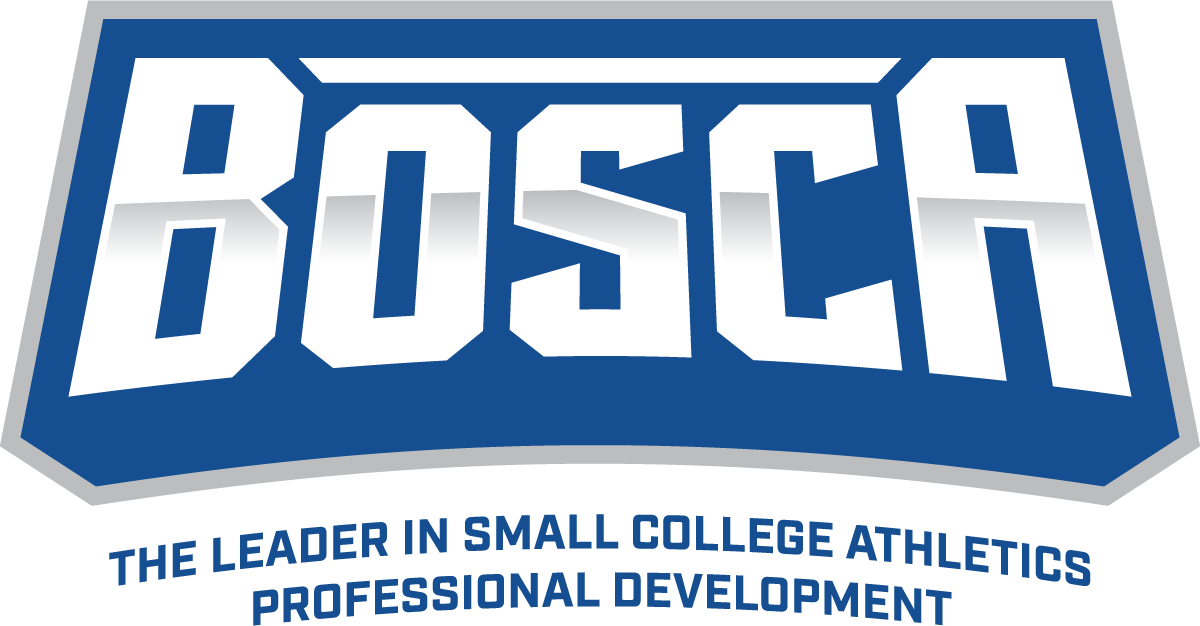Expectations for Senior Administrators in Athletics
Providing value as an Assistant or Associate AD

Assistant and Associate Athletic Directors play a key role in the success of any collegiate athletic department. These senior administrators oversee specific areas like compliance, development, facilities, internal operations and more. Like most Athletic Directors, I got my start in collegiate athletics in one of these roles and will tell you that a key to my success when I later led a department was finding incredible lieutenants to fill these positions.
When I hired senior administrators to work in our department, I gave them all the job description that we had put together with human resources, but I also communicated to them what I thought a successful senior administrator would achieve in our department. Here is a summary of what my expectations were.
1. Do your job well. This sounds simple but I always told my people that “I want you to be so good at what you do that I wonder what we ever did without you.” Focus on the important aspects/job responsibilities that you have first. Be accountable and hold others accountable.
2. Look for opportunities to help us improve in other areas. Small colleges have small staffs and I wanted senior staff that were willing to look at our overall operation and find areas where they could contribute in other ways. I always tried to stretch our staff and reward their ability to take on expanded roles.
3. Set the Example – Senior administrators have to set the example in terms of being mission-focused which means clearly understanding strategic priorities and making sure that important decisions are mission focused. Similarly, they set the example for work-ethic (which includes knowing when someone needs a break), positivity, and teamwork.
4. Revenue and Recruiting is everybody’s responsibility. I expected staff members to pitch in wherever possible with fundraising and recruiting efforts. This meant spending extra time helping meet the needs of fans and donors and adding prospects to our donor list. It also meant being proactive in helping coaches with campus visits, etc.
5. Advocate – Sr. Administrators play an important role (not unlike and assistant coach) in the mid-level of the department. It’s important that they are consistent in communicating departmental priorities with coaches and helping them achieve those goals. Similarly, they are in a unique position to communicate needs to the Athletic Director. In some cases, coaches might be more communicative with senior administrators than they would be with the AD. When these issues have merit the senior administrator has a responsibility to make sure it is addressed.
6. Speak frankly and express your opinions whether they line up with mine or not. Leading the department can be a lonely job. If I ask what you think about a particular issue then I want to know your honest assessment, whether it aligns with my position or not. Remember that there is a fine line between expressing your opinion and being overly critical in these conversations and remember that you’ll be expected to support the final decision regardless.
7. Develop a growth mindset. Interact with peers in the conference and nationally to find out what current trends are and develop new approaches that we should be considering. Participate in professional development whether it is virtual, casual conversation, or conventions. Participate in professional organizations and aspire to gain a leadership role.
8. Be engaged on campus. Work on committees and be present at important campus events. The AD cannot be the only visible representative of the athletic department on campus.
9. Share with me your ambitions so that I can help you achieve them. Make sure that your AD knows what your career goals are. If those goals are focused on continued growth in collegiate athletics, then they are in a unique position to help expand your experiences and network in a way that will help you grow and better prepare you for the opportunity that you desire. That having been said, make sure that you are focused on doing your job to the best of your ability instead of focusing on finding the next one.
10. Contribute to our “EARN IT” culture. Do the little things every day that contribute to our success and encourage/recognize the same from others.
11. Help solve problems before they get to the AD’s office. Athletic departments can grind to a halt when issues arise. Be a proactive problem solver and help other staff develop the skills necessary to avoid these issues. This helps free the AD up to work in other areas and be more productive.
12. Be a great communicator. Keep the AD apprised of any issues that could become significant and make sure that you are consistently communicating with staff that you supervise and interact with.

